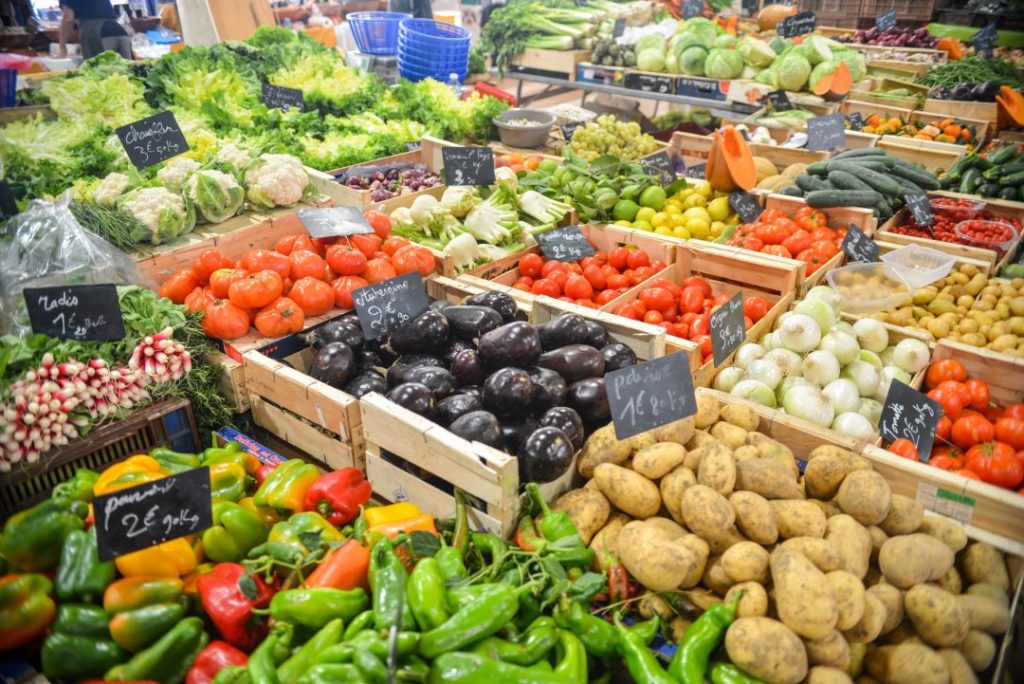
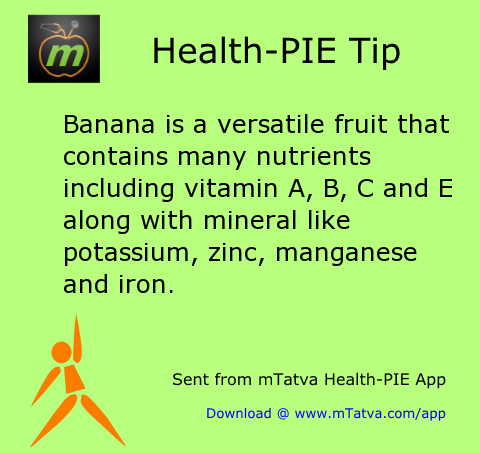
Banana is a versatile fruit that contains many nutrients including vitamin A, B, C and E along with mineral like potassium, zinc, manganese and iron.
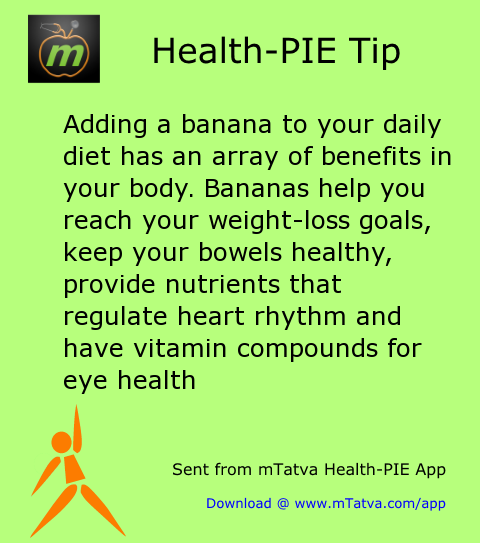
Adding a banana to your daily diet has an array of benefits in your body. Bananas help you reach your weight-loss goals, keep your bowels healthy, provide nutrients that regulate heart rhythm and have vitamin compounds for eye health
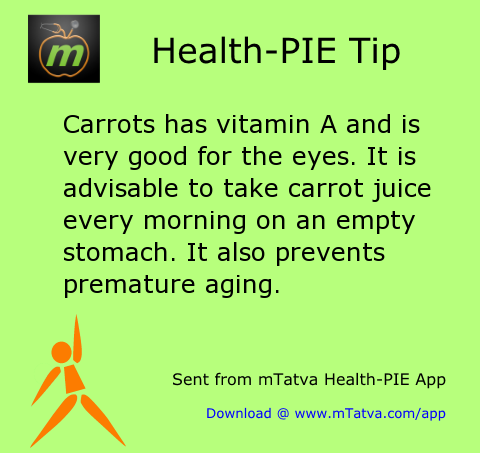
Carrots has vitamin A and is very good for the eyes. It is advisable to take carrot juice every morning on an empty stomach. It also prevents premature aging.
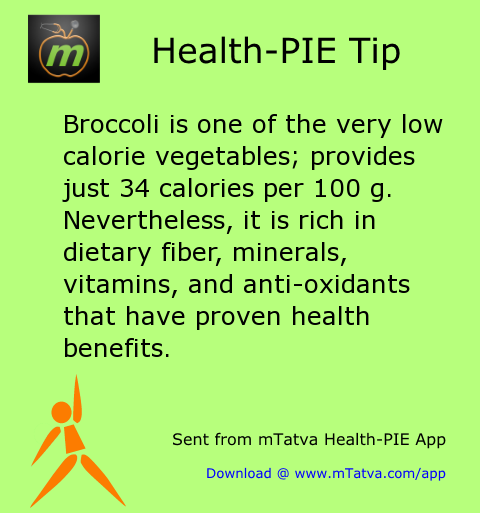
Broccoli is one of the very low calorie vegetables; provides just 34 calories per 100 g. Nevertheless, it is rich in dietary fiber, minerals, vitamins, and anti-oxidants that have proven health benefits.
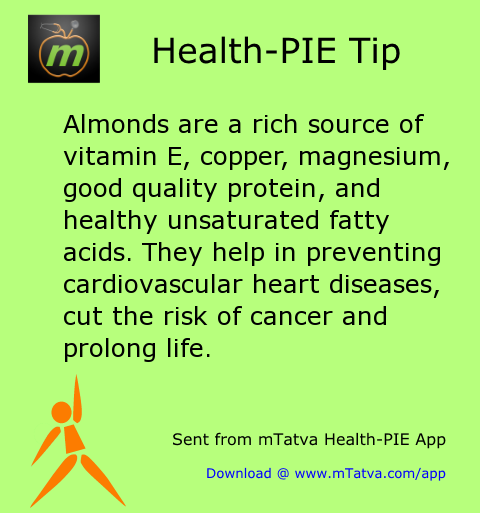
Almonds are a rich source of vitamin E, copper, magnesium, good quality protein, and healthy unsaturated fatty acids. They help in preventing cardiovascular heart diseases, cut the risk of cancer and prolong life.
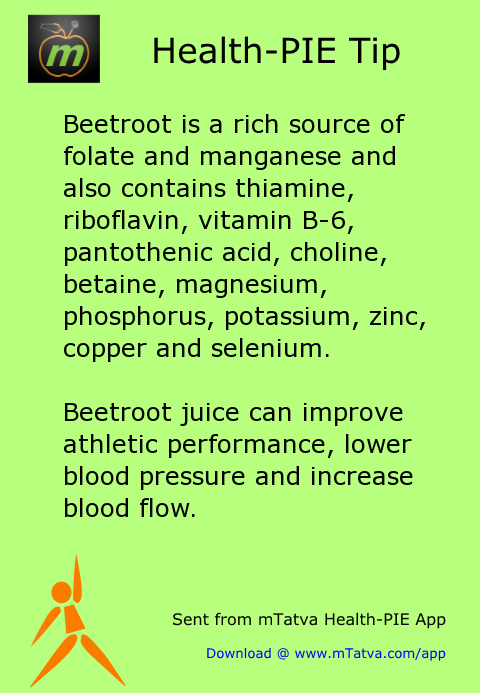
Beetroot is a rich source of folate and manganese and also contains thiamine, riboflavin, vitamin B-6, pantothenic acid, choline, betaine, magnesium, phosphorus, potassium, zinc, copper and selenium. Beetroot juice can improve athletic performance, lower blood pressure and increase blood flow.
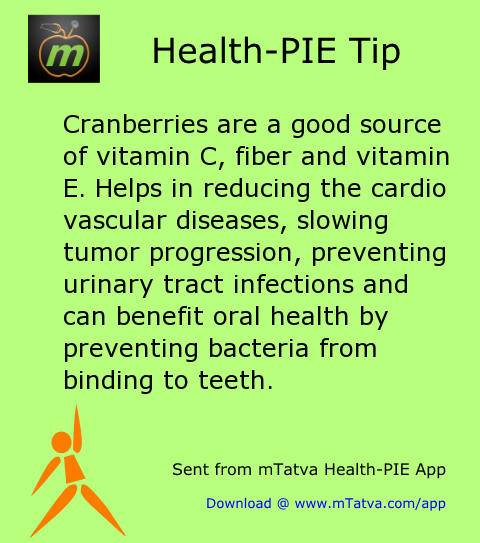
Cranberries are a good source of vitamin C, fiber and vitamin E. Helps in reducing the cardio vascular diseases, slowing tumor progression, preventing urinary tract infections and can benefit oral health by preventing bacteria from binding to teeth.
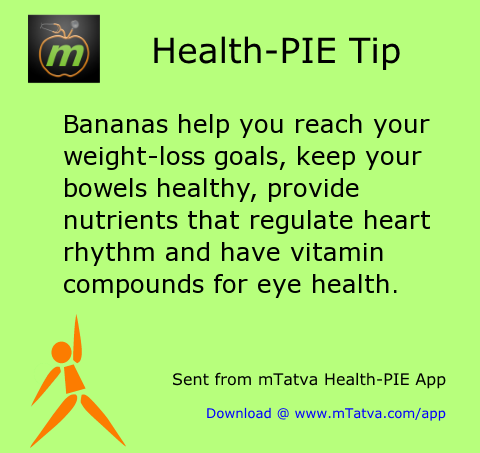
Bananas help you reach your weight-loss goals, keep your bowels healthy, provide nutrients that regulate heart rhythm and have vitamin compounds for eye health.
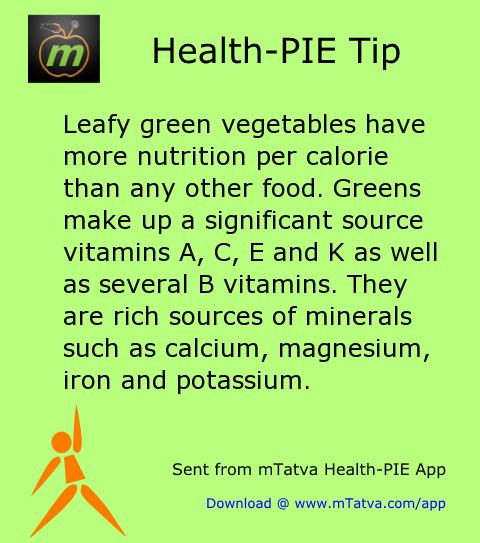
Leafy green vegetables have more nutrition per calorie than any other food. Greens make up a significant source vitamins A, C, E and K as well as several B vitamins. They are rich sources of minerals such as calcium, magnesium, iron and potassium.
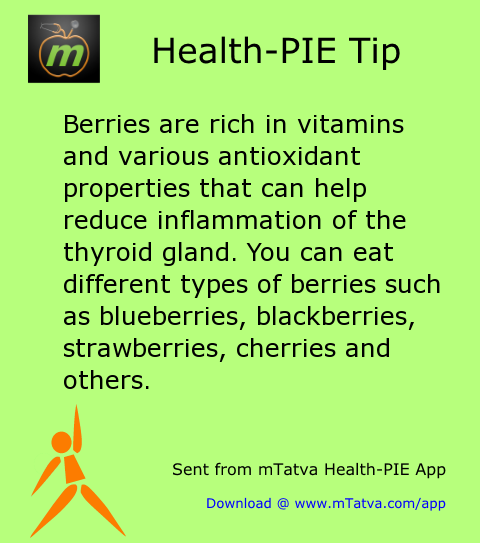
Berries are rich in vitamins and various antioxidant properties that can help reduce inflammation of the thyroid gland. You can eat different types of berries such as blueberries, blackberries, strawberries, cherries and others.
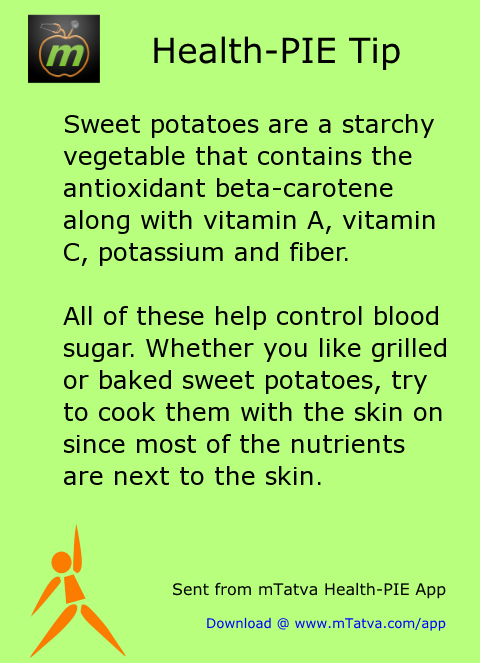
Sweet potatoes are a starchy vegetable that contains the antioxidant beta-carotene along with vitamin A, vitamin C, potassium and fiber.All of these help control blood sugar. Whether you like grilled or baked sweet potatoes, try to cook them with the skin on since most of the nutrients are next to the skin.
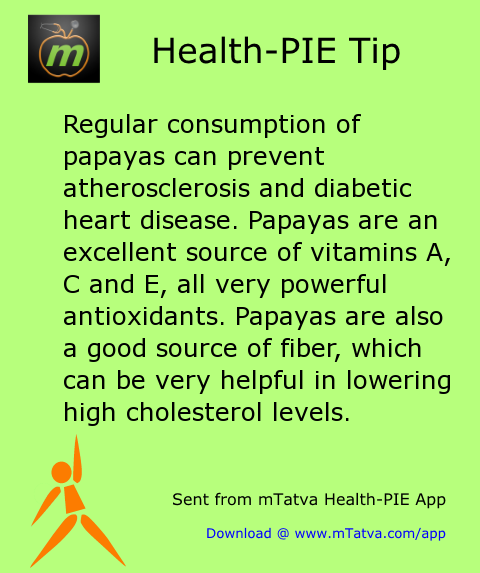
Regular consumption of papayas can prevent atherosclerosis and diabetic heart disease. Papayas are an excellent source of vitamins A, C and E, all very powerful antioxidants. Papayas are also a good source of fiber, which can be very helpful in lowering high cholesterol levels.
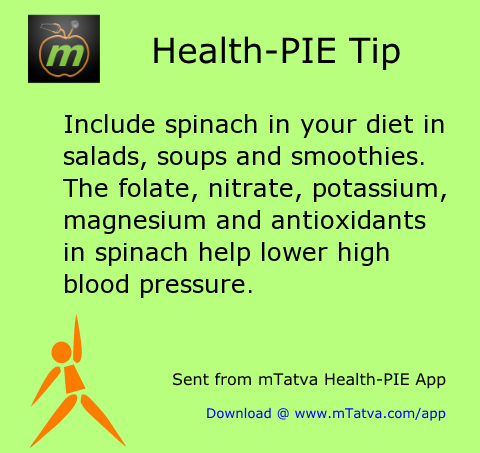
Include spinach in your diet in salads, soups and smoothies. The folate, nitrate, potassium, magnesium and antioxidants in spinach help lower high blood pressure.
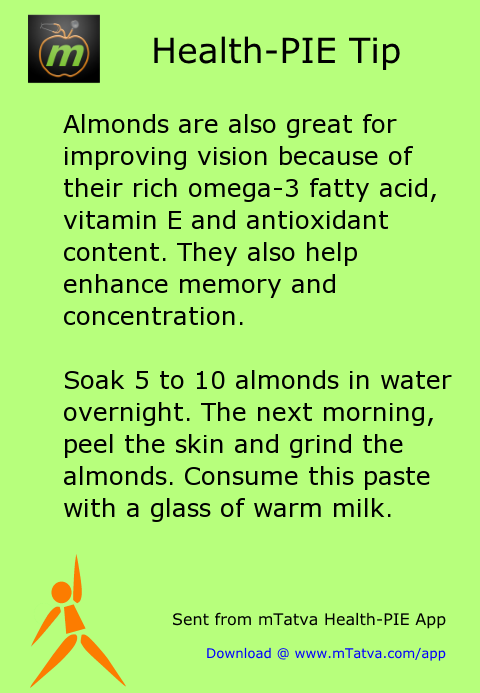
Almonds are also great for improving vision because of their rich omega-3 fatty acid, vitamin E and antioxidant content. They also help enhance memory and concentration.Soak 5 to 10 almonds in water overnight. The next morning, peel the skin and grind the almonds. Consume this paste with a glass of warm milk.
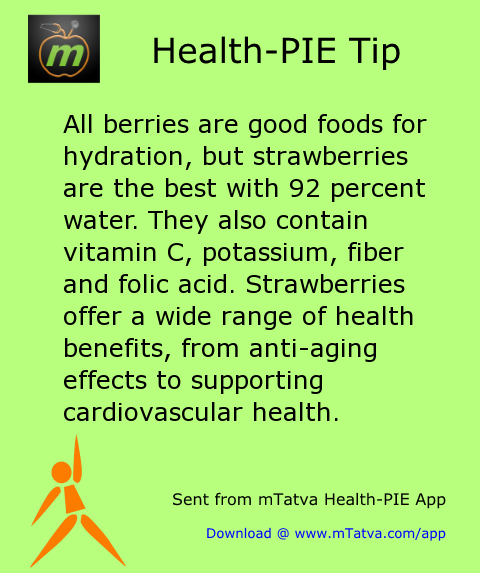
All berries are good foods for hydration, but strawberries are the best with 92 percent water. They also contain vitamin C, potassium, fiber and folic acid. Strawberries offer a wide range of health benefits, from anti-aging effects to supporting cardiovascular health.
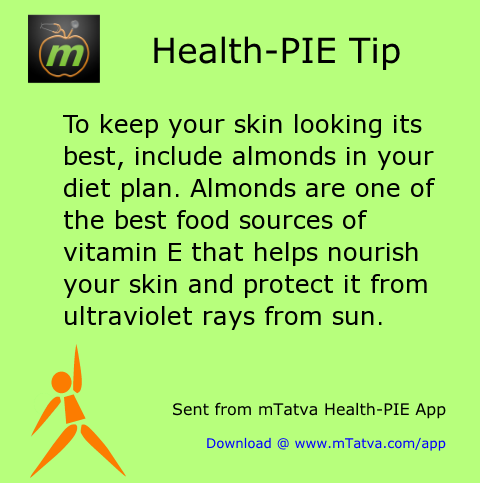
To keep your skin looking its best, include almonds in your diet plan. Almonds are one of the best food sources of vitamin E that helps nourish your skin and protect it from ultraviolet rays from sun.
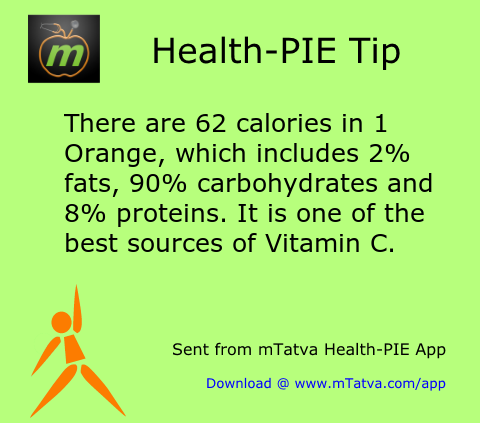
There are 62 calories in 1 Orange, which includes 2% fats, 90% carbohydrates and 8% proteins. It is one of the best sources of Vitamin C.
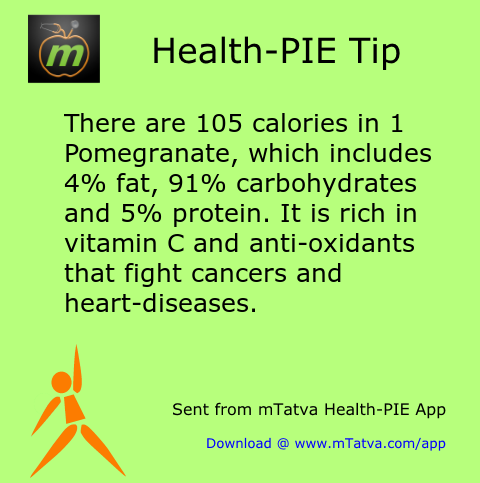
There are 105 calories in 1 Pomegranate, which includes 4% fat, 91% carbohydrates and 5% protein. It is rich in vitamin C and anti-oxidants that fight cancers and heart-diseases.
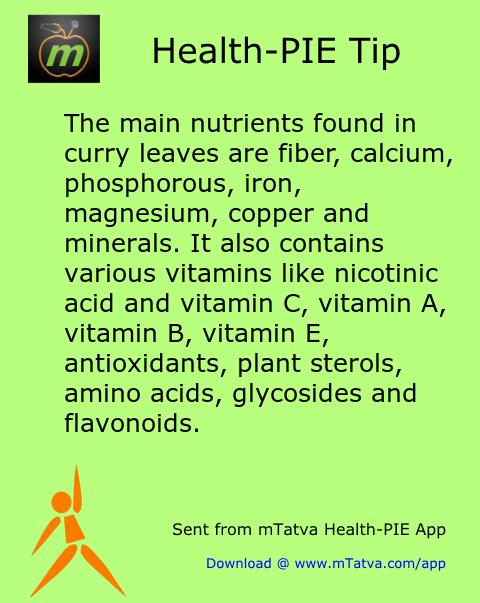
The main nutrients found in curry leaves are fiber, calcium, phosphorous, iron, magnesium, copper and minerals. It also contains various vitamins like nicotinic acid and vitamin C, vitamin A, vitamin B, vitamin E, antioxidants, plant sterols, amino acids, glycosides and flavonoids.

Broccoli is very low in calories but packed with fiber, vitamins, and minerals. It also contains powerful antioxidants that fight various cancers.
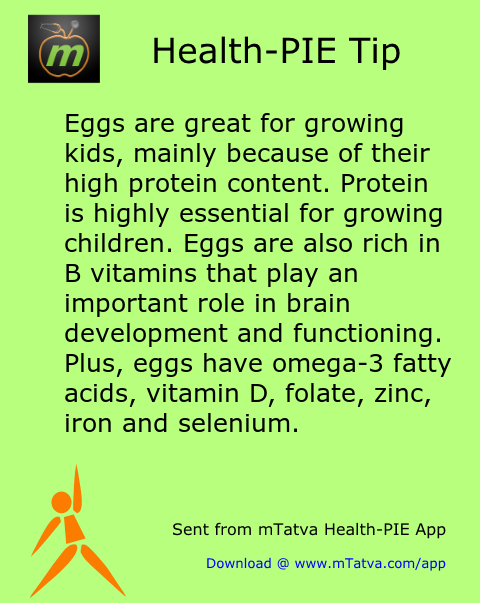
Eggs are great for growing kids, mainly because of their high protein content. Protein is highly essential for growing children. Eggs are also rich in B vitamins that play an important role in brain development and functioning. Plus, eggs have omega-3 fatty acids, vitamin D, folate, zinc, iron and selenium.
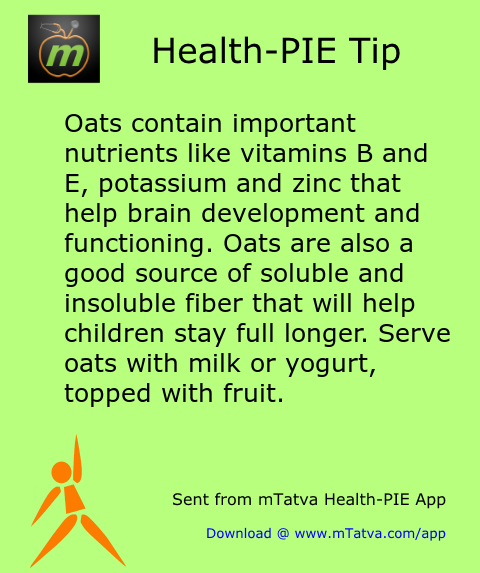
Oats contain important nutrients like vitamins B and E, potassium and zinc that help brain development and functioning. Oats are also a good source of soluble and insoluble fiber that will help children stay full longer. Serve oats with milk or yogurt, topped with fruit.
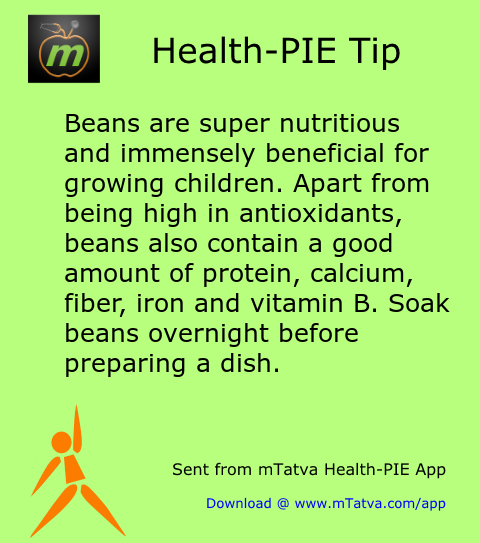
Beans are super nutritious and immensely beneficial for growing children. Apart from being high in antioxidants, beans also contain a good amount of protein, calcium, fiber, iron and vitamin B. Soak beans overnight before preparing a dish.
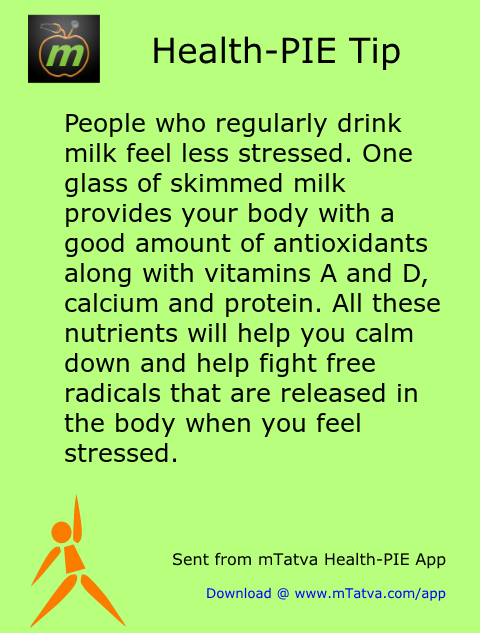
People who regularly drink milk feel less stressed. One glass of skimmed milk provides your body with a good amount of antioxidants along with vitamins A and D, calcium and protein. All these nutrients will help you calm down and help fight free radicals that are released in the body when you feel stressed.
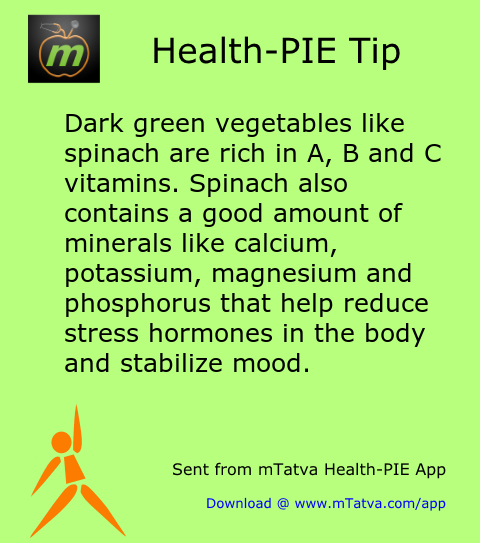
Dark green vegetables like spinach are rich in A, B and C vitamins. Spinach also contains a good amount of minerals like calcium, potassium, magnesium and phosphorus that help reduce stress hormones in the body and stabilize mood.
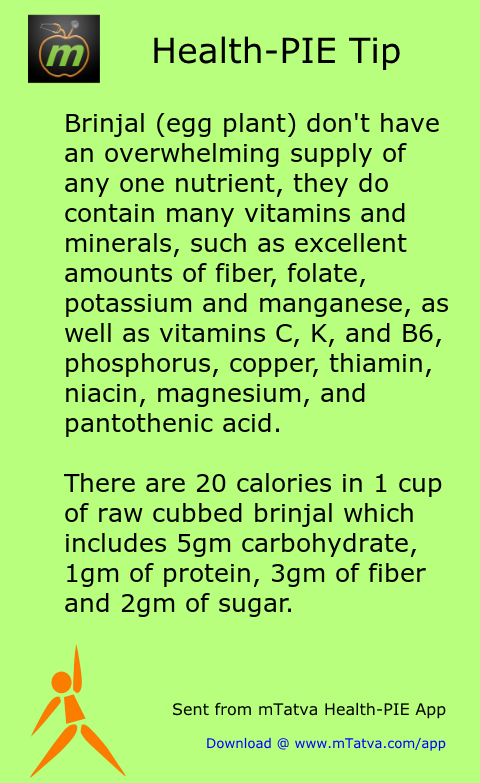
Brinjal (egg plant) don’t have an overwhelming supply of any one nutrient, they do contain many vitamins and minerals, such as excellent amounts of fiber, folate, potassium and manganese, as well as vitamins C, K, and B6, phosphorus, copper, thiamin, niacin, magnesium, and pantothenic acid. There are 20 calories in 1 cup of raw cubbed brinjal which includes 5gm carbohydrate, 1gm of protein, 3gm of fiber and 2gm of sugar.
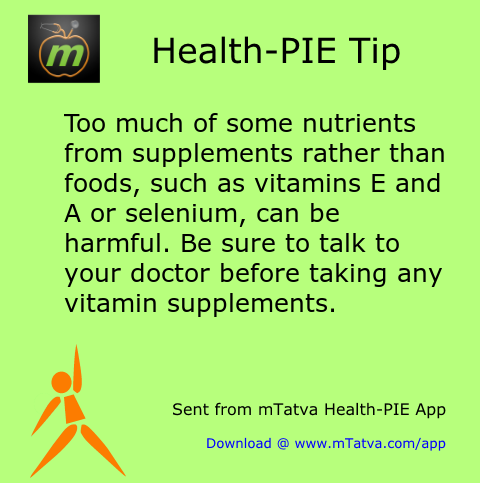
Too much of some nutrients from supplements rather than foods, such as vitamins E and A or selenium, can be harmful. Be sure to talk to your doctor before taking any vitamin supplements.
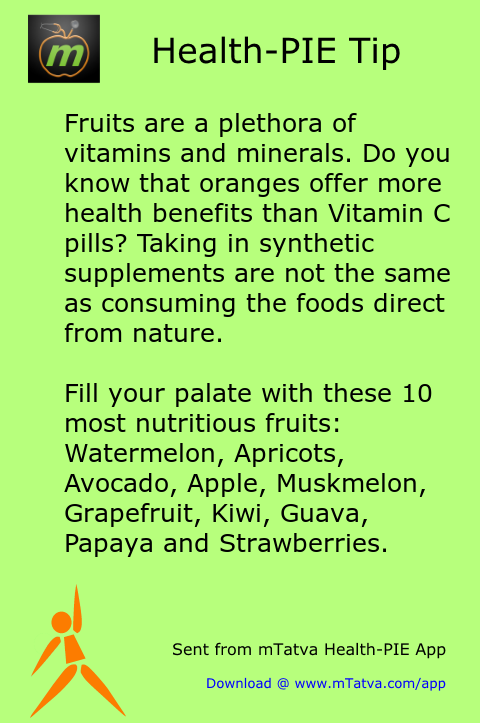
Fruits are a plethora of vitamins and minerals. Do you know that oranges offer more health benefits than Vitamin C pills? Taking in synthetic supplements are not the same as consuming the foods direct from nature. Fill your palate with these 10 most nutritious fruits: Watermelon, Apricots, Avocado, Apple, Muskmelon, Grapefruit, Kiwi, Guava, Papaya and Strawberries.
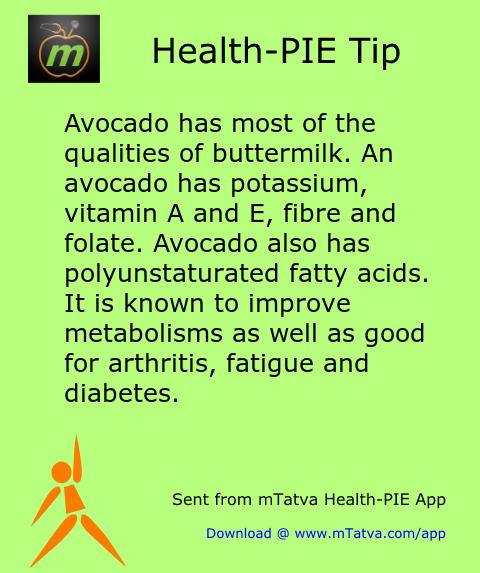
Avocado has most of the qualities of buttermilk. An avocado has potassium, vitamin A and E, fibre and folate. Avocado also has polyunstaturated fatty acids. It is known to improve metabolisms as well as good for arthritis, fatigue and diabetes.
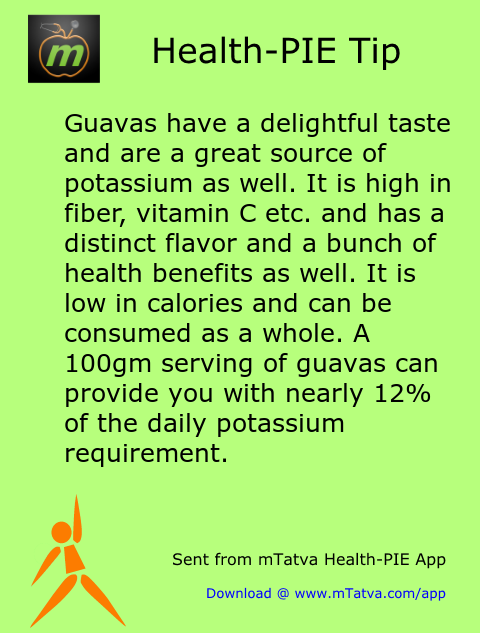
Guavas have a delightful taste and are a great source of potassium as well. It is high in fiber, vitamin C etc. and has a distinct flavor and a bunch of health benefits as well. It is low in calories and can be consumed as a whole. A 100gm serving of guavas can provide you with nearly 12% of the daily potassium requirement.

Women are at a greater risk than men of developing osteoporosis, so it is important to get plenty of calcium to support your bone health. Osteoporosis is a a medical condition in which the bones become brittle and fragile from loss of tissue, typically as a result of hormonal changes, or deficiency of calcium or vitamin D.